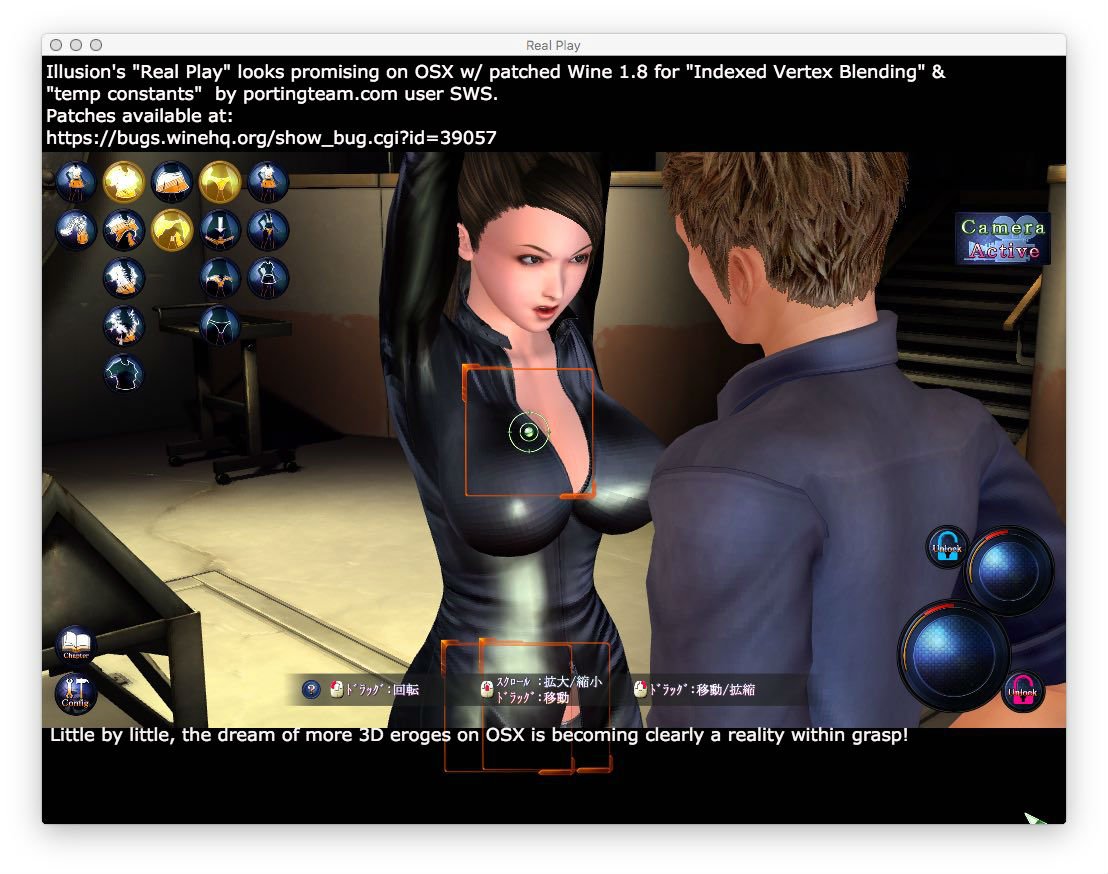

This could potentially prevent postpartum psychosis. Sometimes a doctor will prescribe a mood stabilizer like lithium for a woman to take after giving birth. This statistic shouldn’t keep you from having another baby, but it is something to keep in mind as you prepare for delivery. Many medications used to treat postpartum psychosis are passed through breast milk.Īn estimated 31 percent of women with a history of postpartum psychosis will experience the condition again in another pregnancy, according to a study published in The American Journal of Psychiatry. Women who are breast-feeding their infants should ask their doctor about safety. It’s important to stay on any prescribed medications and seek continued treatment and support for these symptoms. Even after the major psychosis symptoms go away, women may have feelings of depression and/or anxiety. Some women may need longer to recover, from six to 12 months. The most acute symptoms of postpartum psychosis can last anywhere from two to 12 weeks. Doctors have safely used ECT for years to treat major depression and bipolar disorder. The effect creates a storm or seizure-like activity in the brain that helps to “reset” the imbalances that caused a psychotic episode. This therapy involves delivering a controlled amount of electromagnetic stimulation to your brain. If a woman doesn’t respond well to medicines or needs further treatment, electroconvulsive shock therapy (ECT) is often very effective. Each woman is different and may respond better to antidepressants or antianxiety medicines instead of or in combination with a drug from the above categories. No single ideal combination of medications exists. Examples include lithium (Lithobid), carbamazepine (Tegretol), lamotrigine (Lamictal), and divalproex sodium (Depakote). Mood stabilizers: These medications reduce manic episodes.Examples include risperidone (Risperdal), olanzapine (Zyprexa), ziprasidone (Geodon), and aripiprazole (Abilify). Antipsychotics: These medications reduce the incidence of hallucinations.Treatments during the psychotic episode include medications to reduce depression, stabilize moods, and reduce psychosis.

Often, a woman will receive treatment at an inpatient center for at least a few days until her mood is stabilized and she is no longer at risk for harming herself or her baby. A person should call 911 and seek treatment at an emergency room, or have someone take them to an emergency room or crisis center. Postpartum psychosis is a medical emergency. If these symptoms occur, it’s vital that a woman receive medical help immediately. Postpartum psychosis can be severe for a mother and her little one(s). violent thoughts, such as telling a mother to hurt her baby.



 0 kommentar(er)
0 kommentar(er)
